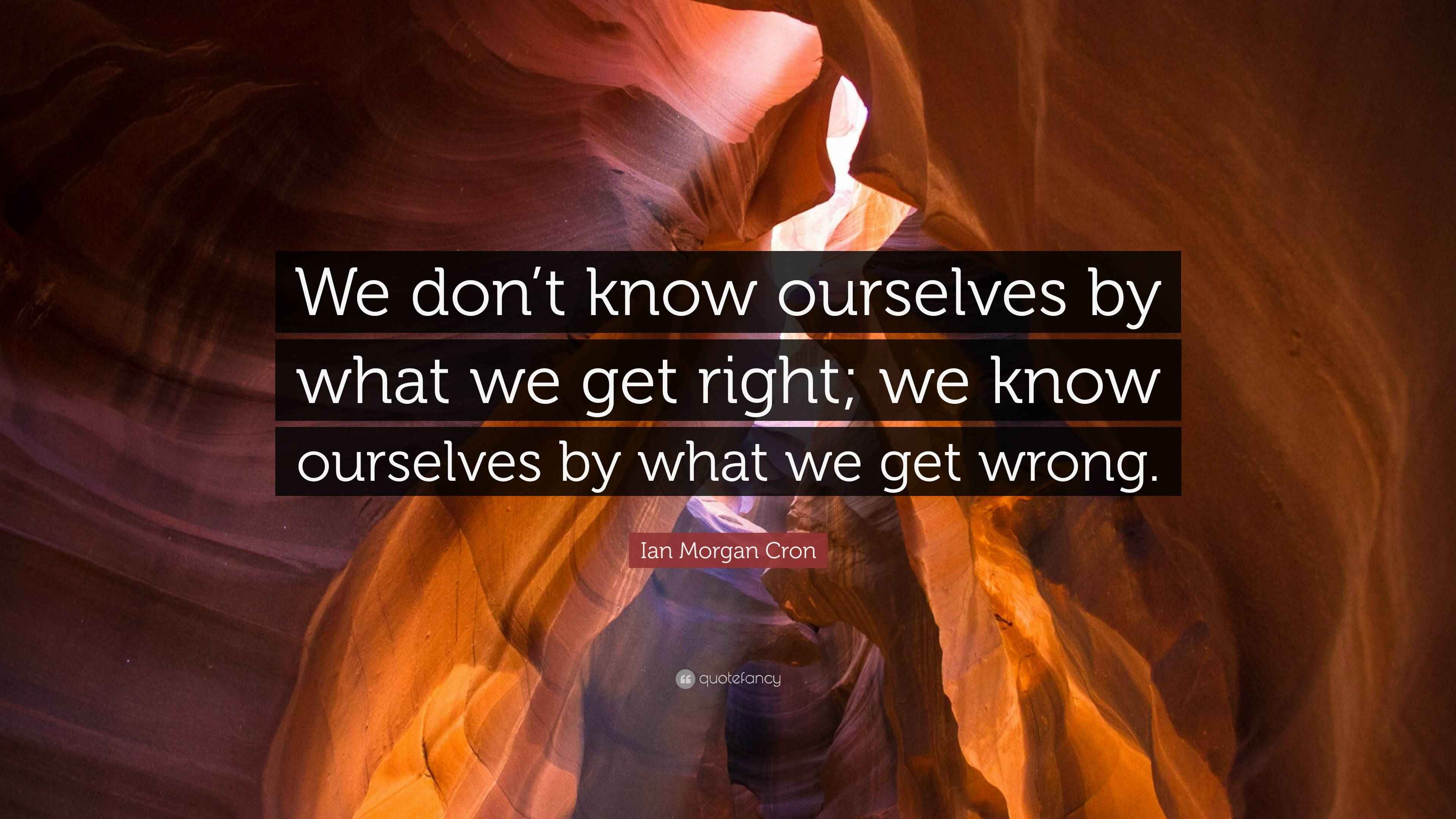What We Get Wrong About "Western Civilization"
If you’ve ever taken a "Western Civilization" course, you likely learned a specific story. It’s a tale that starts with the Greeks, moves to the Romans, briefly dips into the "Dark Ages," and then erupts into the glorious Renaissance and the rise of modern Europe. This narrative, however, is built on a massive omission and a fundamental geographical error.
The standard curriculum admits that Western Civilization was born on the banks of the Tigris, Euphrates, and Nile—in the empires of Mesopotamia and Egypt. We get one or two lectures on these cradles of innovation, and then they are never seriously mentioned again. The story abruptly shifts to Greece and Rome, leaving a 4,000-year-old foundation in the dust.
This is the first thing we get wrong: We divorce the "West" from its own birthplace.
Consider the timeline. When Julius Caesar was conquering Gaul, Egyptian civilization was already over 4,000 years old. When Alexander the Great gazed upon the Pyramids at Giza, they were already as ancient to him as he is to us today. To relegate these civilizations to a mere footnote is to ignore the overwhelming bulk of our own history.
This selective storytelling is rooted in what scholars call Orientalism—the practice of creating a distinct, exotic, and often inferior "East" as a contrast to the "West." During the age of European empires, this East-West divide was a powerful political tool. It allowed Europe to claim the legacy of Greece and Rome while simultaneously dismissing the very cultures that laid the groundwork for that legacy as "other."
The result is a distorted map in our minds. We are taught to see the Mediterranean Sea as a divider, separating Europe from Africa and the Middle East. In reality, for most of history, the Mediterranean was a connector—a superhighway for trade, ideas, and culture. The civilizations around its shores were deeply interconnected.
The true story of "Western Civilization" isn't a straight line from Athens to London. It's a sprawling, interconnected network that included:
- Egypt, which gave us government, calendars, and a vast array of musical instruments.
- Persia, which produced the world's first Bill of Rights under Cyrus the Great.
- The Islamic World, which preserved, translated, and radically advanced Greek, Persian, and Indian knowledge for centuries.
By drawing an artificial line that excludes these contributors, we not only get history wrong—we misunderstand our present. We fail to see that the "West" is not a exclusive club, but a rich, complicated, and shared inheritance born from the continuous exchange of ideas across continents.
Comments (Add)
Showing comments related to this blog.
